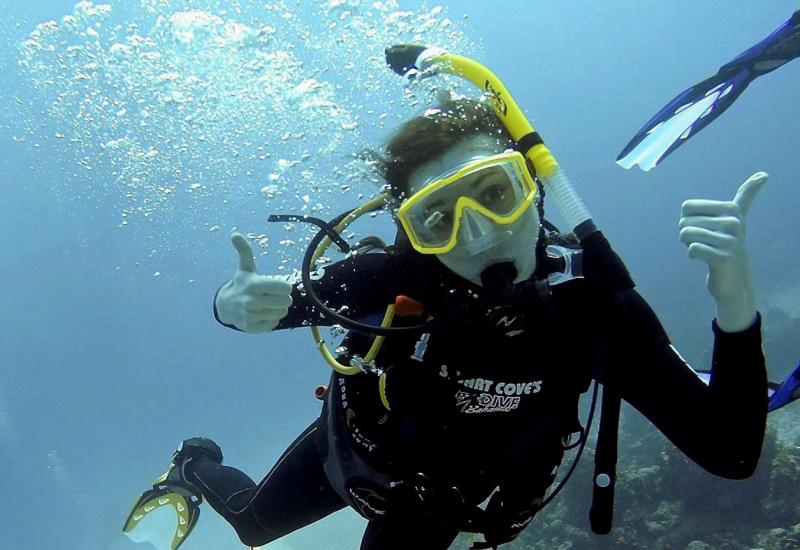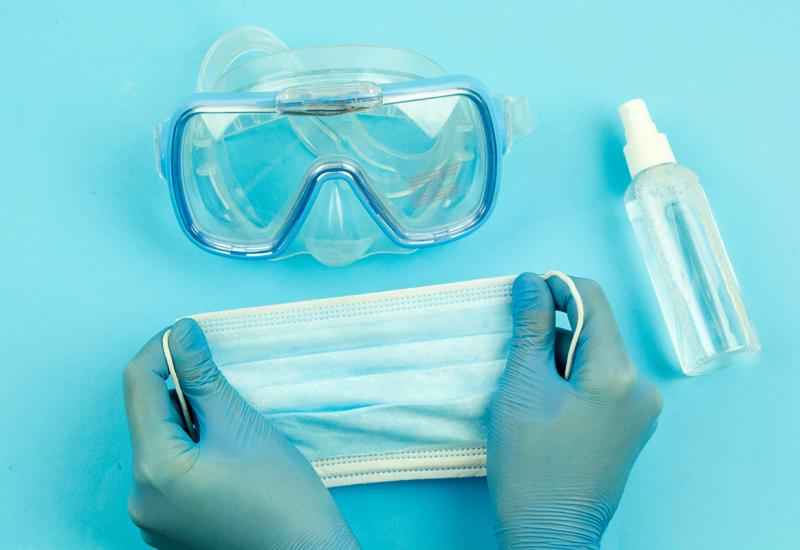Mind Your Meds
March 2008
By Selene Yeager
Photography by Joseph Byrd
||
|---|
|

|
If you needed certain serious medications a few decades ago, you'd have likely gone to your doctor. Today, it's consumer-heal-thyself for many common afflictions as increasing numbers of formerly prescription-strength remedies have gone over-the-counter. Today, more than 700 of the OTC meds you can toss in your cart at the local grocery store contain active ingredients and dosages that were once available by prescription only, and we're popping these pills in record numbers. Nearly 80 percent of Americans throw back an OTC medication (most popularly pain relievers) at least once a week, according to a 2002 study in the Journal of the American Medical Association, and scuba divers are no exception.
A 2002 study published in Wilderness and Environmental Medicine found that one-quarter of the diving public takes prescription medications daily. Though no one has done a similar study of OTC pill intake, it would likely reflect what you see in the general population, says Kevin S. O'Toole, M.D., director of the hyperbaric medicine department at the University of Pittsburgh Medical Center. But unlike prescription meds, which most divers declare when getting clearance to dive, OTC remedies fly (or in this case dive) under the radar, which can have potentially disastrous consequences if you don't use them properly.
If you're taking multiple meds, you need to think about how the side effects of each drug you're taking will interact with the others. While it's generally safe to take more than one type of single-symptom medication at a time (Advil for your headache and Sudafed for your sinuses, for example), beware mixing multi-symptom meds (for instance, cold/cough formulas with sinus/headache pills), as there can be crossovers in the active ingredients. And always read the labels to be sure you're not taking medications with similar side effects as combining them can make these effects stronger. At the minimum, you should take all medications or OTC cocktails on dry land first to monitor how they affect you before you take them on a dive trip.
There are four main categories of OTC meds that you'll normally find or use on the dive boat--some are commonly abused; some come with dangerous side effects. See "Meds Makeup" for a breakdown of the OTC brands common on the water, their active ingredients and side effects.
Ear-Clearing "Meds"
Anytime you use drugs to get past an ear-clearing problem, there's a risk of the drugs wearing off, possibly causing a painful reverse squeeze on ascent. However, chemical clearing assistance is widespread in the diving community, and this category comprises the common remedies divers use and abuse to ease their ear-clearing woes.
Decongestants generally come in two forms: pills and sprays. Usually, pills contain pseudoephedrine or phenylephrine, and nasal sprays come in phenylephrine or oxymetazoline formulas. Cough/cold medicines often contain these same decongestant drugs along with other active ingredients. Allergy medicines are antihistamines, which, unlike decongestants, don't unclog your sinus passages, but rather work preventatively to keep allergens from clogging them in the first place.
Taking combinations of these drugs and/or taking more than the recommended dosage in the fight against ear-clogging congestion can be bad news if you don't first check the labels. A 2001 Harris survey conducted for The National Council on Patient Information and Education found that only 34 percent of adults could identify the active ingredients in their usual OTC remedies. If you're taking more than one type, you could be overdosing--or at least increasing your odds of suffering side effects. For instance, if you take a multi-symptom cold medicine like Contac to help fight off some sniffles, then spoon down Robitussin to quell a cough, you've just taken a double dose of phenylephrine, which can cause dizziness, headache and nausea.
The same Harris survey also reported that about a third of adults actually "overdose" intentionally, taking more than the recommended amount in hopes of knocking out their symptoms sooner. Bad idea. Sudafed--one of the most commonly used decongestants--is considered a mild central-nervous-system stimulant (it's one of the ingredients in the stimulant scourge methamphetamine), and its side effects include excitability, restlessness, dizziness, weakness and insomnia. Large doses can lead to more dangerous side effects, including cardiovascular collapse and convulsions. "If you have underlying heart disease, it can be very risky to use more than you should before diving," O'Toole says.
"Stacking"--taking chemically different drugs that offer the same effect-- is another common dive-boat practice. If you're going to stack drugs to clear your ears, just make sure you don't double up on active ingredients, O'Toole cautions. One "safe stack" is Sudafed coupled with an OTC nasal spray because the spray works on the sinuses locally and isn't absorbed into the rest of the body. O'Toole recommends using regular Sudafed (taken as recommended) rather than the 12-hour extended-release tablets because the 12-hour meds take longer to kick in. Nasal sprays work fairly quickly, so it's best to take them just before gearing up. When stacking antihistamines and decongestants, take the allergy medicines the night before your dive; then take decongestants as you normally would on dive day. And of course, be sure to test drive any and all meds on land before you dive on them.
Seasickness Meds
These are another biggie on the boat. There are a couple of prevalent OTC options, generally Bonine or Dramamine. Both have the same intended effect--preventing seasickness--but they contain different medicines with different side effects.
In studying the effects of both Sudafed and Dramamine under pressure, O'Toole asked 30 experienced divers to take either one of the meds or a dummy pill 45 minutes before a simulated 66-foot dive in a hyperbaric chamber. The researchers tested their memory, verbal ability, manual dexterity and heart rate before and during the "dive." While Sudafed had some minor effects, it didn't place the divers under any inordinate risk at depth. Dramamine, on the other hand, dramatically lowered the divers' cognitive functioning to the point where O'Toole deemed it unsafe for scuba, even when taken as directed.
If you're going to take one of the common OTC seasickness meds, try it out well before the dive. If you feel at all dopey or drowsy on land, don't dive--you'll feel even worse in the water. Some people even take their seasickness meds the night before a dive for a sound night's sleep (being well-rested can help keep seasickness at bay).
If you plan to use medication to help clear your ears, it's best to stay away from any standard seasickness medications altogether, as the combination can considerably increase the side effects of both. In this case, it may be safer and more effective to take ginger capsules, which shouldn't cause complications with decongestants. Ginger has long been known as a natural way to reduce cold sweating and vomiting and ease nausea and vertigo. Some researchers have reported that ginger is as effective as Dramamine in controlling seasickness. Take one gram (1,000 milligrams) of powdered ginger four to six hours before boarding and another dose one hour before departure. After that, you can re-dose every four to six hours as needed.
Pain Relievers
These are a staple for many divers and non-divers alike: Tylenol for headaches, Advil for inflamed joints, Aleve for achy backs and Bayer for a little extra heart disease prevention. But the very reason people take Bayer (active ingredient: aspirin) for their hearts is one reason to consider leaving it behind when you dive. It thins your blood, which isn't dangerous under normal circumstances, but if you have an embolism or other accident that causes profuse bleeding, you could lose significantly more blood than normal. Other than that, there's not much to worry about when taking pain meds while diving. Just stick to the recommended dosage because long-term abuse can lead to stomach or liver problems down the road.
Anti-Diarrhea Remedies
Whether you call it Montezuma's revenge or just traveler's stomach, if you travel, it's only a matter of time until you get hit with belly rumbles that'll send you running for the head. There are two main OTC brands for diarrhea treatment: Imodium, which physically slows the flow of fluid through the bowel, and Pepto-Bismol, which balances the fluid in the bowel and binds to diarrhea-causing germs. Both work well. Just be aware that too much Imodium can cause constipation and cramps--not ideal for diving. Overall, Pepto-Bismol is the gentler of the two remedies, and it's probably the best bet for a mild case of traveler's stomach. You obviously shouldn't dive if your diarrhea is out of control or part of a more serious illness. There are no inherent side effects that make diving on either of these medications dangerous.
Read the Labels
Because very few drugs are studied under pressure, you'll need to do a little research on your own, O'Toole says. Luckily, in most cases, that's no more difficult than reading the labels. Look for active ingredients and possible side effects. In today's environment of prime-time drug ads that deliver a laundry list of sometimes startling side effects with a cheerful voice-over, we've become largely desensitized to some of the bad stuff even good drugs can do. Before you dive on a drug, check the label for side effects that could interfere with your dive.
Beware of dizziness, nervousness, jitteriness, anxiety and other similar side effects, as well as nausea, diarrhea, headache and other symptoms that could distract you from your dive, O'Toole says. "Anything that can cause sedation or drowsiness is clearly not good for diving." If you shouldn't drive on it, you shouldn't dive on it.
For Men Only
We've all seen the commercials for enlarging prostates, but have we made any connection between them and our dive world? Men over 50 commonly experience this condition, which eventually leads to difficulty or increased frequency of urination, though it can be so gradual that we don't realize the changes over time.
We older divers should take a closer look at the side effects listed for both Sudafed and Benadryl--trouble urinating shows up on both lists. The highly effective prescription seasickness remedy scopolamine (the patch) sports similar effects. When it's laid out in front of you, it doesn't take a rocket scientist to see that inherent peeing problems combined with drugs that add to this difficulty can cause issues.
Oblivious, I used both the patch and Sudafed on a recent live-aboard trip. Two days in, my diving ended abruptly in a Mexican hospital with a bladder swollen to twice its normal size and unable to purge itself. I was toxic and close to disaster.
The choice for older men should be clear: Seriously evaluate the condition of your health and the impact of all the side effects of your medications--OTC or otherwise--lest you find yourself on an examining table mourning a ruined dive trip and trying to make sense out of what a doctor speaking a foreign language plans to do to you.
--Richard Ladisky
Meds Makeup
| Medications | Active Ingredients | Common Side Effects* | |
| DECONGESTANTS | |||
 |
Sudafed | Pseudoephedrine | Difficulty urinating, dizziness, headache, nausea, nervousness, restlessness, sleeplessness, stomach irritation |
 |
Sudafed PE | Phenylephrine | Dizziness, headache, nausea, nervousness, restlessness, sleeplessness, stomach irritation |
 |
Sinex Nasal Spray | Phenylephrine | Sneezing, burning, stinging, dryness of the nose |
 |
Afrin Nasal Spray | Oxymetazoline | Increase in nasal discharge, sneezing, stinging, temporary burning |
| COLD/COUGH** | |||
 |
Contac Cold/Flu Non-Drowsy | Phenylephrine, acetaminophen | Dizziness, headache, nausea, nervousness, restlessness, sleeplessness, stomach irritation |
 |
Robitussin Cold and Cough CF | Phenylephrine, dextromethorphan, guaifenesin | Dizziness, drowsiness, stomach upset, headache, nausea, nervousness, restlessness, sleeplessness, stomach Irritation, rash, nausea, vomiting |
 |
DayQuil | Phenylephrine, acetaminophen, dextromethorphan | Dizziness, drowsiness, upset stomach, headache, nausea, nervousness, restlessness, sleeplessness |
| ALLERGY | |||
 |
Claritin | Loratadine | Drowsiness, dizziness, headache, nervousness, nausea, diarrhea or abdominal discomfort, dry mouth, dry skin or itchiness, discoloration of urine |
 |
Benadryl | Diphenhydramine | Sleepiness, fatigue, or dizziness, headache, dry mouth, difficulty urinating or an enlarged prostate |
| SEASICKNESS MEDS | |||
 |
Dramamine /Triptone | Dimenhydrinate | Dizziness, drowsiness, dry mouth, throat and nose, thickening of mucus in nose or throat |
 |
Bonine | Meclizine hydrochloride | Drowsiness, dry mouth |
 |
Ginger | Ginger | Heartburn, stomach upset |
| PAIN RELIEF | |||
 |
Tylenol | Acetaminophen | None |
 |
Aleve | Naproxen | Constipation, diarrhea, dizziness, drowsiness, gas, headache, heartburn, nausea, stomach upset, stuffy nose |
 |
Advil | Ibuprofen | Constipation, diarrhea, dizziness, gas, headache, heartburn, nausea, stomach pain or upset |
 |
Bayer | Aspirin | Heartburn, nausea, upset stomach |
| ANTI-DIARRHEA | |||
 |
Imodium | Loperamide | Drowsiness, dizziness, bloating |
 |
Pepto-Bismol | Bismuth subsalicylate | Temporary and harmless darkening of the tongue or stool |
| *Side effects from Drugs.com ** Depending on the regulations of individual states concerning methamphetamine prevention, the original versions of these medicines, with pseudoephedrine in place of phenylephrine, may still be availabe over the counter by asking the pharmacist. |
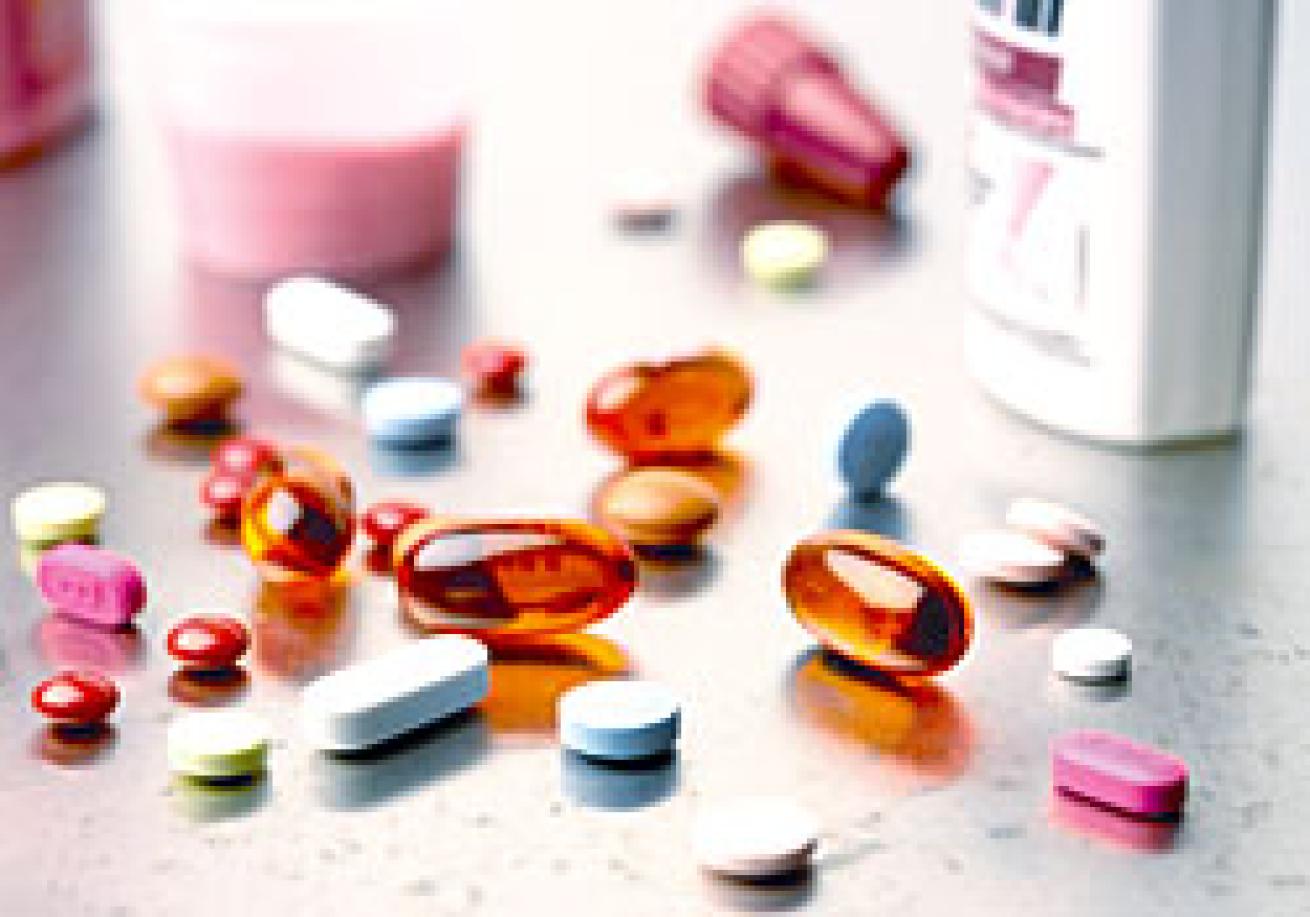
If you needed certain serious medications a few decades ago, you'd have likely gone to your doctor. Today, it's consumer-heal-thyself for many common afflictions as increasing numbers of formerly prescription-strength remedies have gone over-the-counter. Today, more than 700 of the OTC meds you can toss in your cart at the local grocery store contain active ingredients and dosages that were once available by prescription only, and we're popping these pills in record numbers. Nearly 80 percent of Americans throw back an OTC medication (most popularly pain relievers) at least once a week, according to a 2002 study in the Journal of the American Medical Association, and scuba divers are no exception.
A 2002 study published in Wilderness and Environmental Medicine found that one-quarter of the diving public takes prescription medications daily. Though no one has done a similar study of OTC pill intake, it would likely reflect what you see in the general population, says Kevin S. O'Toole, M.D., director of the hyperbaric medicine department at the University of Pittsburgh Medical Center. But unlike prescription meds, which most divers declare when getting clearance to dive, OTC remedies fly (or in this case dive) under the radar, which can have potentially disastrous consequences if you don't use them properly.
If you're taking multiple meds, you need to think about how the side effects of each drug you're taking will interact with the others. While it's generally safe to take more than one type of single-symptom medication at a time (Advil for your headache and Sudafed for your sinuses, for example), beware mixing multi-symptom meds (for instance, cold/cough formulas with sinus/headache pills), as there can be crossovers in the active ingredients. And always read the labels to be sure you're not taking medications with similar side effects as combining them can make these effects stronger. At the minimum, you should take all medications or OTC cocktails on dry land first to monitor how they affect you before you take them on a dive trip.
There are four main categories of OTC meds that you'll normally find or use on the dive boat--some are commonly abused; some come with dangerous side effects. See "Meds Makeup" for a breakdown of the OTC brands common on the water, their active ingredients and side effects.
Ear-Clearing "Meds"
Anytime you use drugs to get past an ear-clearing problem, there's a risk of the drugs wearing off, possibly causing a painful reverse squeeze on ascent. However, chemical clearing assistance is widespread in the diving community, and this category comprises the common remedies divers use and abuse to ease their ear-clearing woes.
Decongestants generally come in two forms: pills and sprays. Usually, pills contain pseudoephedrine or phenylephrine, and nasal sprays come in phenylephrine or oxymetazoline formulas. Cough/cold medicines often contain these same decongestant drugs along with other active ingredients. Allergy medicines are antihistamines, which, unlike decongestants, don't unclog your sinus passages, but rather work preventatively to keep allergens from clogging them in the first place.
Taking combinations of these drugs and/or taking more than the recommended dosage in the fight against ear-clogging congestion can be bad news if you don't first check the labels. A 2001 Harris survey conducted for The National Council on Patient Information and Education found that only 34 percent of adults could identify the active ingredients in their usual OTC remedies. If you're taking more than one type, you could be overdosing--or at least increasing your odds of suffering side effects. For instance, if you take a multi-symptom cold medicine like Contac to help fight off some sniffles, then spoon down Robitussin to quell a cough, you've just taken a double dose of phenylephrine, which can cause dizziness, headache and nausea.
The same Harris survey also reported that about a third of adults actually "overdose" intentionally, taking more than the recommended amount in hopes of knocking out their symptoms sooner. Bad idea. Sudafed--one of the most commonly used decongestants--is considered a mild central-nervous-system stimulant (it's one of the ingredients in the stimulant scourge methamphetamine), and its side effects include excitability, restlessness, dizziness, weakness and insomnia. Large doses can lead to more dangerous side effects, including cardiovascular collapse and convulsions. "If you have underlying heart disease, it can be very risky to use more than you should before diving," O'Toole says.
"Stacking"--taking chemically different drugs that offer the same effect-- is another common dive-boat practice. If you're going to stack drugs to clear your ears, just make sure you don't double up on active ingredients, O'Toole cautions. One "safe stack" is Sudafed coupled with an OTC nasal spray because the spray works on the sinuses locally and isn't absorbed into the rest of the body. O'Toole recommends using regular Sudafed (taken as recommended) rather than the 12-hour extended-release tablets because the 12-hour meds take longer to kick in. Nasal sprays work fairly quickly, so it's best to take them just before gearing up. When stacking antihistamines and decongestants, take the allergy medicines the night before your dive; then take decongestants as you normally would on dive day. And of course, be sure to test drive any and all meds on land before you dive on them.
Seasickness Meds
These are another biggie on the boat. There are a couple of prevalent OTC options, generally Bonine or Dramamine. Both have the same intended effect--preventing seasickness--but they contain different medicines with different side effects.
In studying the effects of both Sudafed and Dramamine under pressure, O'Toole asked 30 experienced divers to take either one of the meds or a dummy pill 45 minutes before a simulated 66-foot dive in a hyperbaric chamber. The researchers tested their memory, verbal ability, manual dexterity and heart rate before and during the "dive." While Sudafed had some minor effects, it didn't place the divers under any inordinate risk at depth. Dramamine, on the other hand, dramatically lowered the divers' cognitive functioning to the point where O'Toole deemed it unsafe for scuba, even when taken as directed.
If you're going to take one of the common OTC seasickness meds, try it out well before the dive. If you feel at all dopey or drowsy on land, don't dive--you'll feel even worse in the water. Some people even take their seasickness meds the night before a dive for a sound night's sleep (being well-rested can help keep seasickness at bay).
If you plan to use medication to help clear your ears, it's best to stay away from any standard seasickness medications altogether, as the combination can considerably increase the side effects of both. In this case, it may be safer and more effective to take ginger capsules, which shouldn't cause complications with decongestants. Ginger has long been known as a natural way to reduce cold sweating and vomiting and ease nausea and vertigo. Some researchers have reported that ginger is as effective as Dramamine in controlling seasickness. Take one gram (1,000 milligrams) of powdered ginger four to six hours before boarding and another dose one hour before departure. After that, you can re-dose every four to six hours as needed.
Pain Relievers
These are a staple for many divers and non-divers alike: Tylenol for headaches, Advil for inflamed joints, Aleve for achy backs and Bayer for a little extra heart disease prevention. But the very reason people take Bayer (active ingredient: aspirin) for their hearts is one reason to consider leaving it behind when you dive. It thins your blood, which isn't dangerous under normal circumstances, but if you have an embolism or other accident that causes profuse bleeding, you could lose significantly more blood than normal. Other than that, there's not much to worry about when taking pain meds while diving. Just stick to the recommended dosage because long-term abuse can lead to stomach or liver problems down the road.
Anti-Diarrhea Remedies
Whether you call it Montezuma's revenge or just traveler's stomach, if you travel, it's only a matter of time until you get hit with belly rumbles that'll send you running for the head. There are two main OTC brands for diarrhea treatment: Imodium, which physically slows the flow of fluid through the bowel, and Pepto-Bismol, which balances the fluid in the bowel and binds to diarrhea-causing germs. Both work well. Just be aware that too much Imodium can cause constipation and cramps--not ideal for diving. Overall, Pepto-Bismol is the gentler of the two remedies, and it's probably the best bet for a mild case of traveler's stomach. You obviously shouldn't dive if your diarrhea is out of control or part of a more serious illness. There are no inherent side effects that make diving on either of these medications dangerous.
Read the Labels
Because very few drugs are studied under pressure, you'll need to do a little research on your own, O'Toole says. Luckily, in most cases, that's no more difficult than reading the labels. Look for active ingredients and possible side effects. In today's environment of prime-time drug ads that deliver a laundry list of sometimes startling side effects with a cheerful voice-over, we've become largely desensitized to some of the bad stuff even good drugs can do. Before you dive on a drug, check the label for side effects that could interfere with your dive.
Beware of dizziness, nervousness, jitteriness, anxiety and other similar side effects, as well as nausea, diarrhea, headache and other symptoms that could distract you from your dive, O'Toole says. "Anything that can cause sedation or drowsiness is clearly not good for diving." If you shouldn't drive on it, you shouldn't dive on it.
For Men Only
We've all seen the commercials for enlarging prostates, but have we made any connection between them and our dive world? Men over 50 commonly experience this condition, which eventually leads to difficulty or increased frequency of urination, though it can be so gradual that we don't realize the changes over time.
We older divers should take a closer look at the side effects listed for both Sudafed and Benadryl--trouble urinating shows up on both lists. The highly effective prescription seasickness remedy scopolamine (the patch) sports similar effects. When it's laid out in front of you, it doesn't take a rocket scientist to see that inherent peeing problems combined with drugs that add to this difficulty can cause issues.
Oblivious, I used both the patch and Sudafed on a recent live-aboard trip. Two days in, my diving ended abruptly in a Mexican hospital with a bladder swollen to twice its normal size and unable to purge itself. I was toxic and close to disaster.
The choice for older men should be clear: Seriously evaluate the condition of your health and the impact of all the side effects of your medications--OTC or otherwise--lest you find yourself on an examining table mourning a ruined dive trip and trying to make sense out of what a doctor speaking a foreign language plans to do to you.
--Richard Ladisky
Meds Makeup
Medications| Active Ingredients| Common Side Effects* DECONGESTANTS
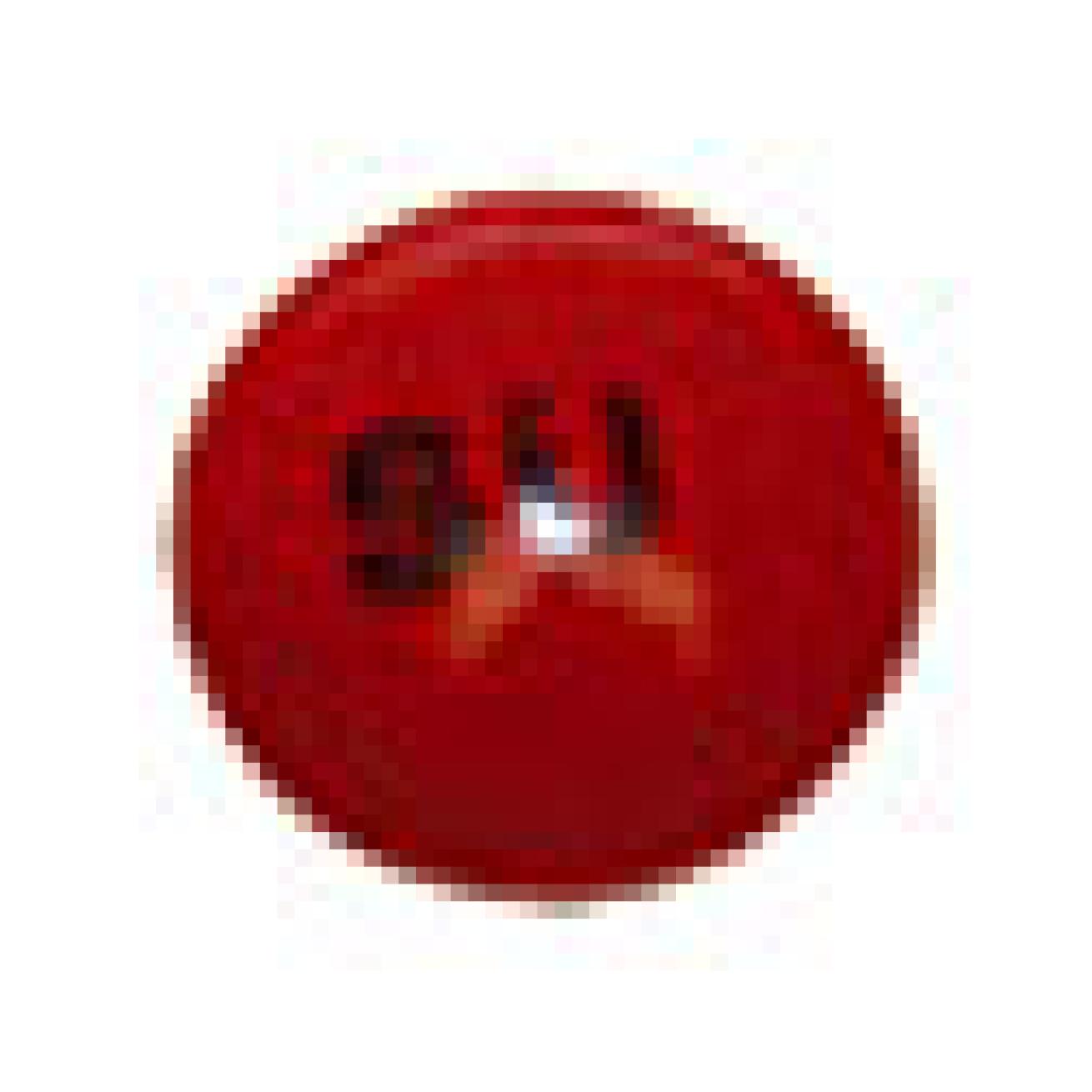
Sudafed Pseudoephedrine| Difficulty urinating, dizziness, headache, nausea, nervousness, restlessness, sleeplessness, stomach irritation

Sudafed PE| Phenylephrine| Dizziness, headache, nausea, nervousness, restlessness, sleeplessness, stomach irritation
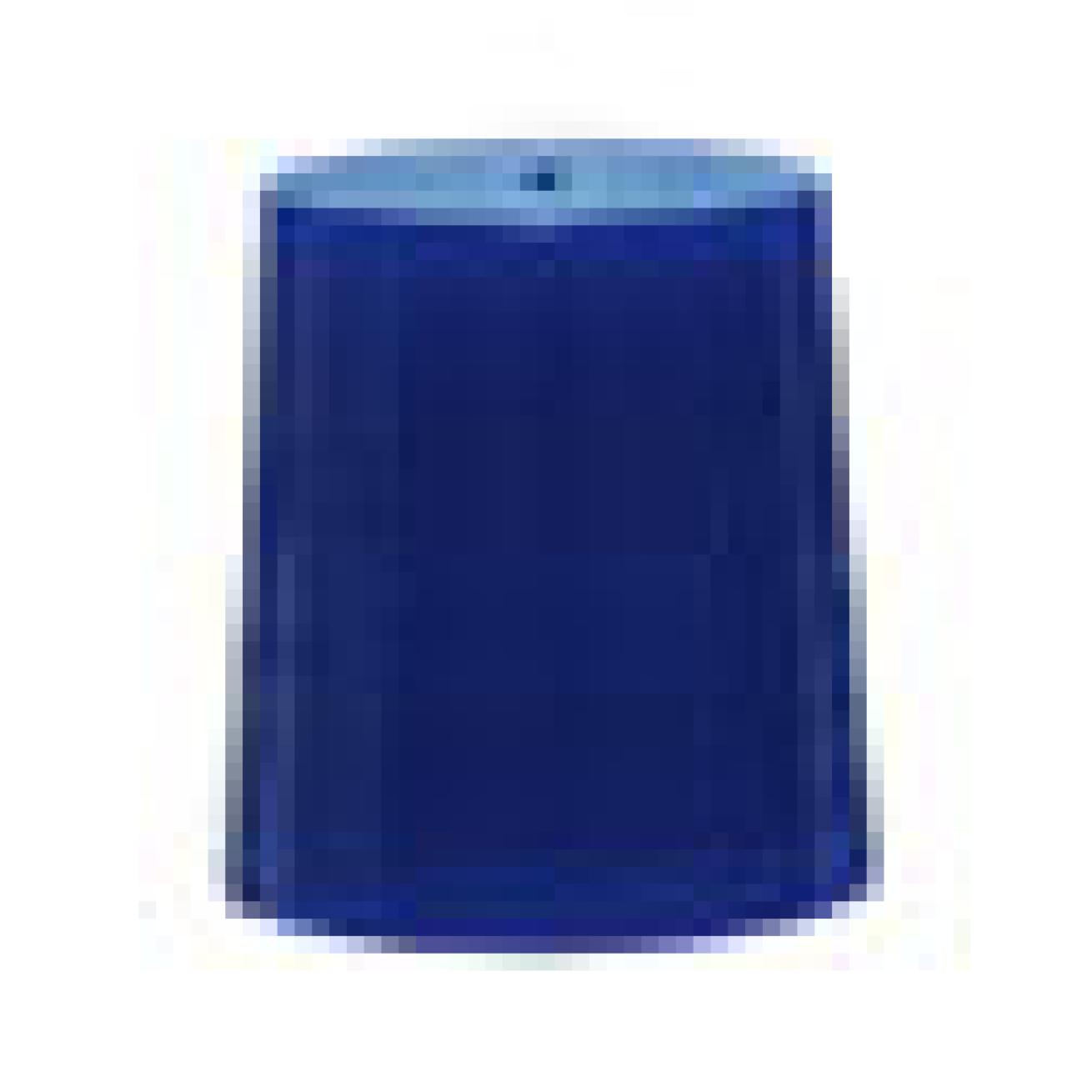
Sinex Nasal Spray| Phenylephrine| Sneezing, burning, stinging, dryness of the nose|
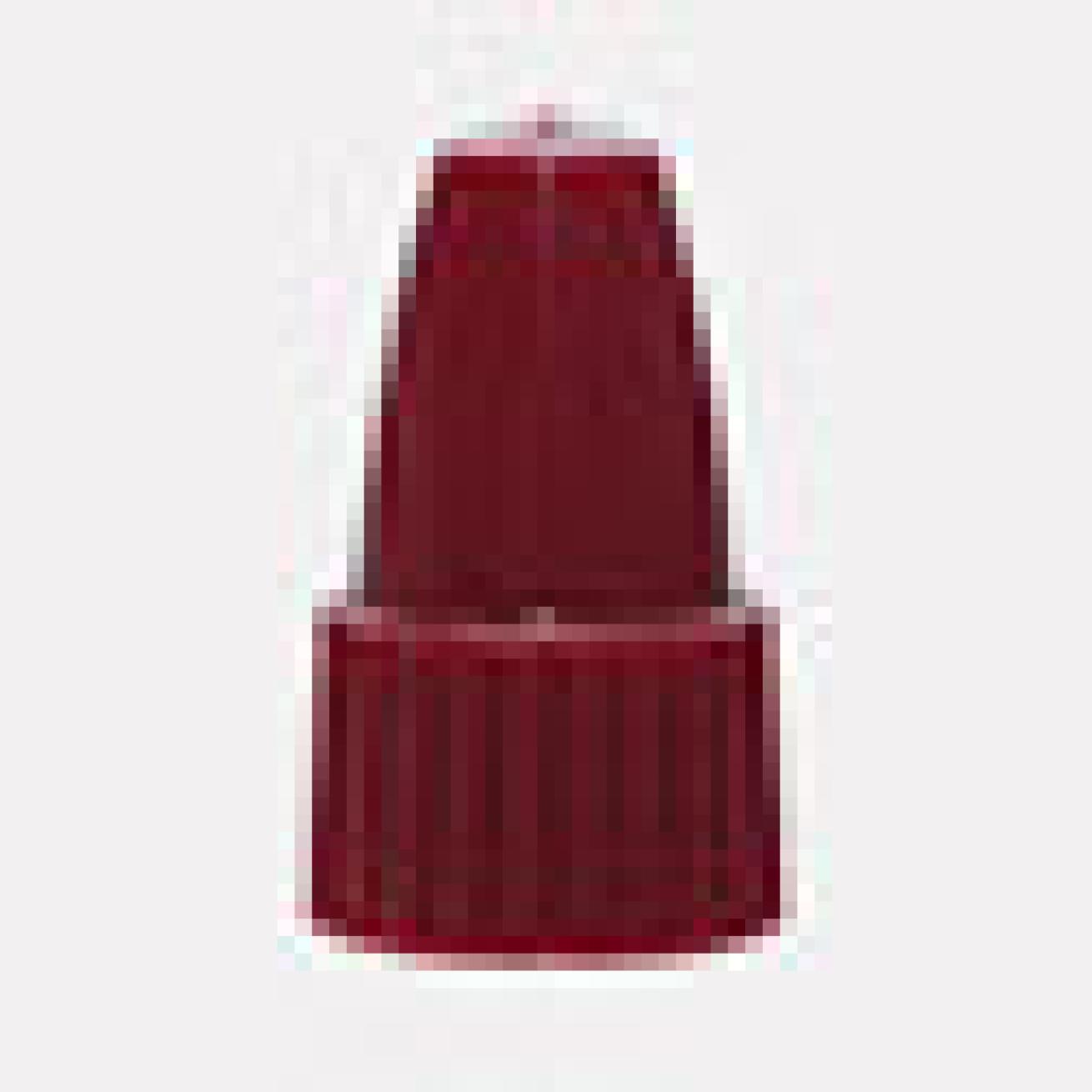
Afrin Nasal Spray| Oxymetazoline| Increase in nasal discharge, sneezing, stinging, temporary burning| | COLD/COUGH**
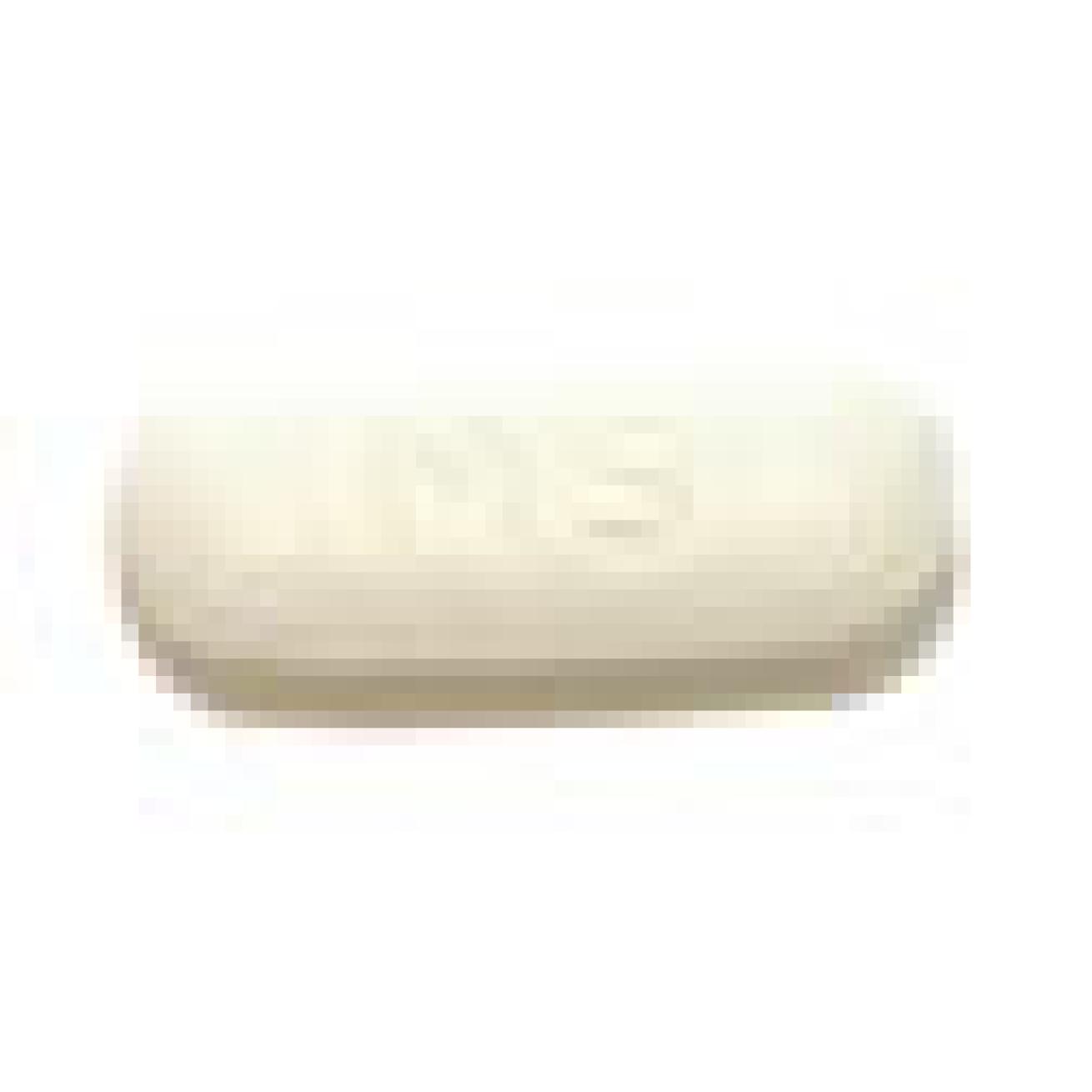
Contac Cold/Flu Non-Drowsy| Phenylephrine, acetaminophen| Dizziness, headache, nausea, nervousness, restlessness, sleeplessness, stomach irritation|
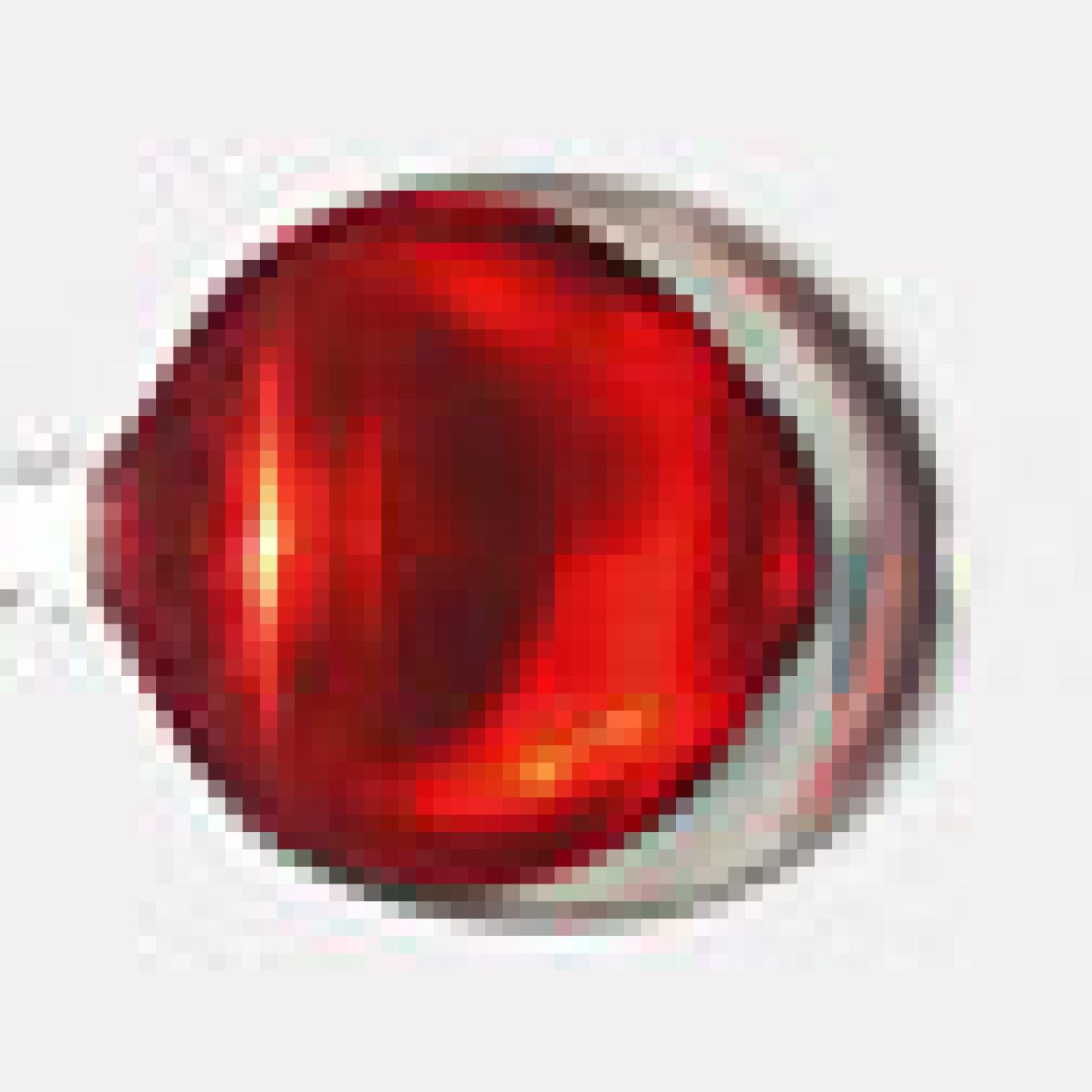
Robitussin Cold and Cough CF| Phenylephrine, dextromethorphan, guaifenesin| Dizziness, drowsiness, stomach upset, headache, nausea, nervousness, restlessness, sleeplessness, stomach Irritation, rash, nausea, vomiting
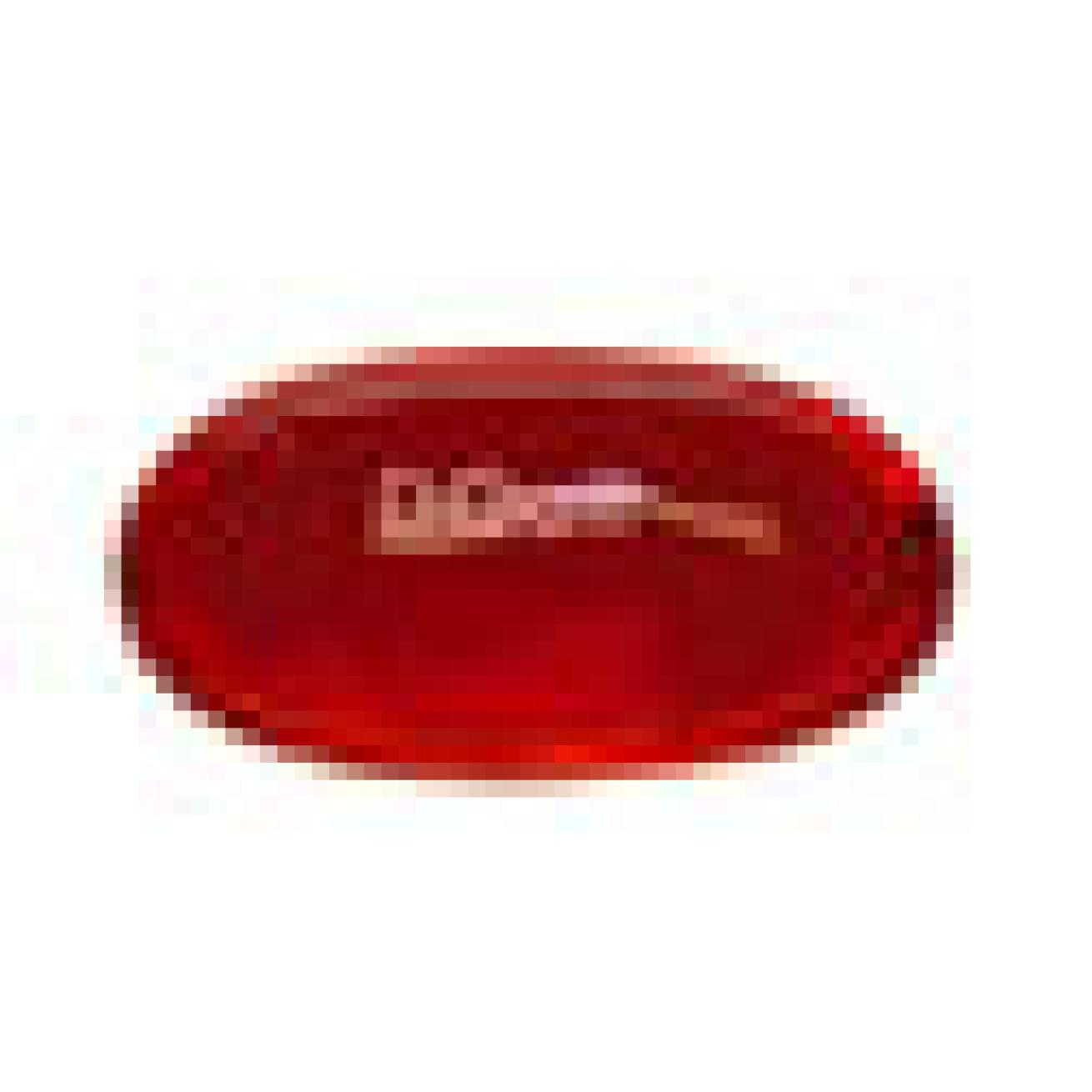
DayQuil| Phenylephrine, acetaminophen, dextromethorphan| Dizziness, drowsiness, upset stomach, headache, nausea, nervousness, restlessness, sleeplessness| ALLERGY
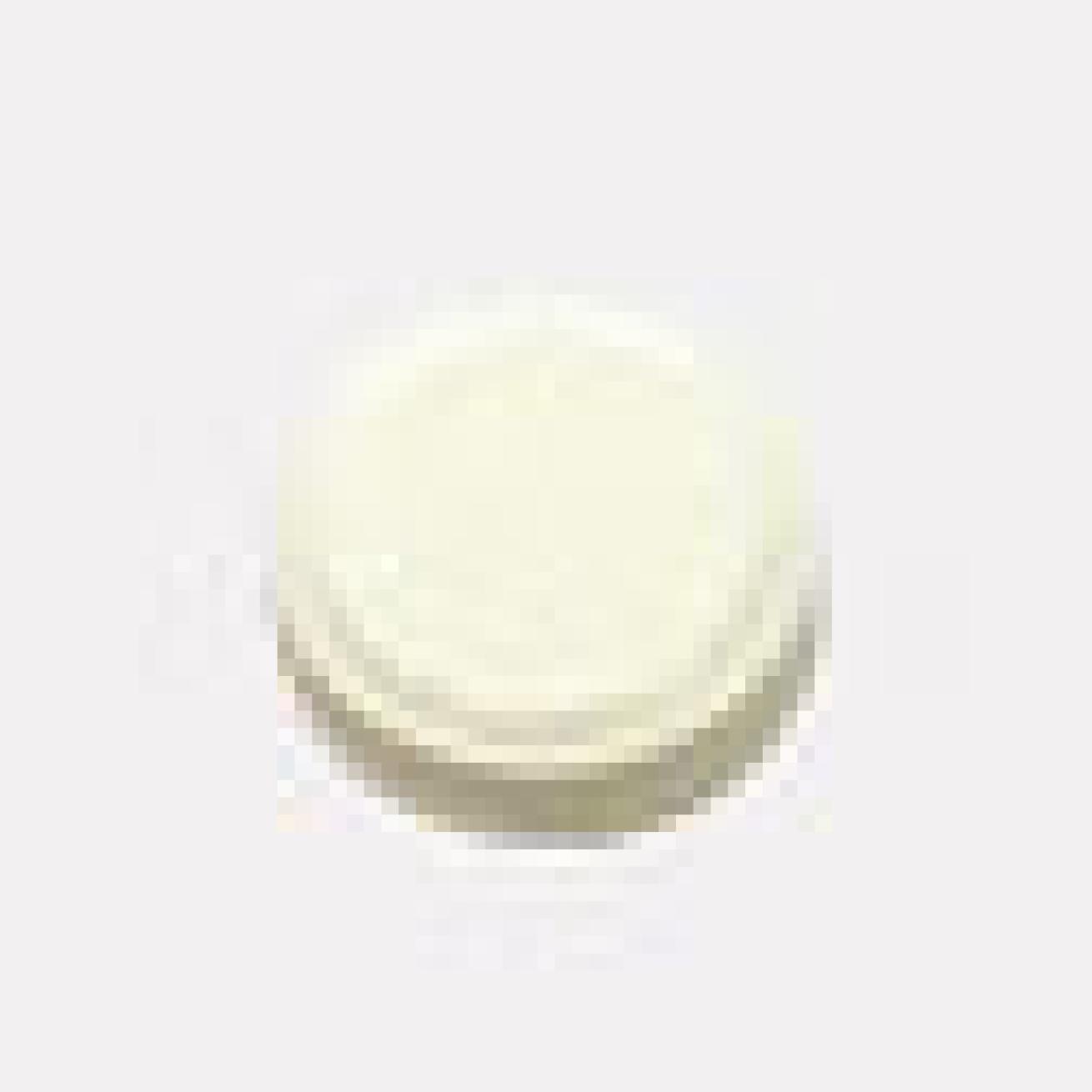
Claritin| Loratadine| Drowsiness, dizziness, headache, nervousness, nausea, diarrhea or abdominal discomfort, dry mouth, dry skin or itchiness, discoloration of urine|
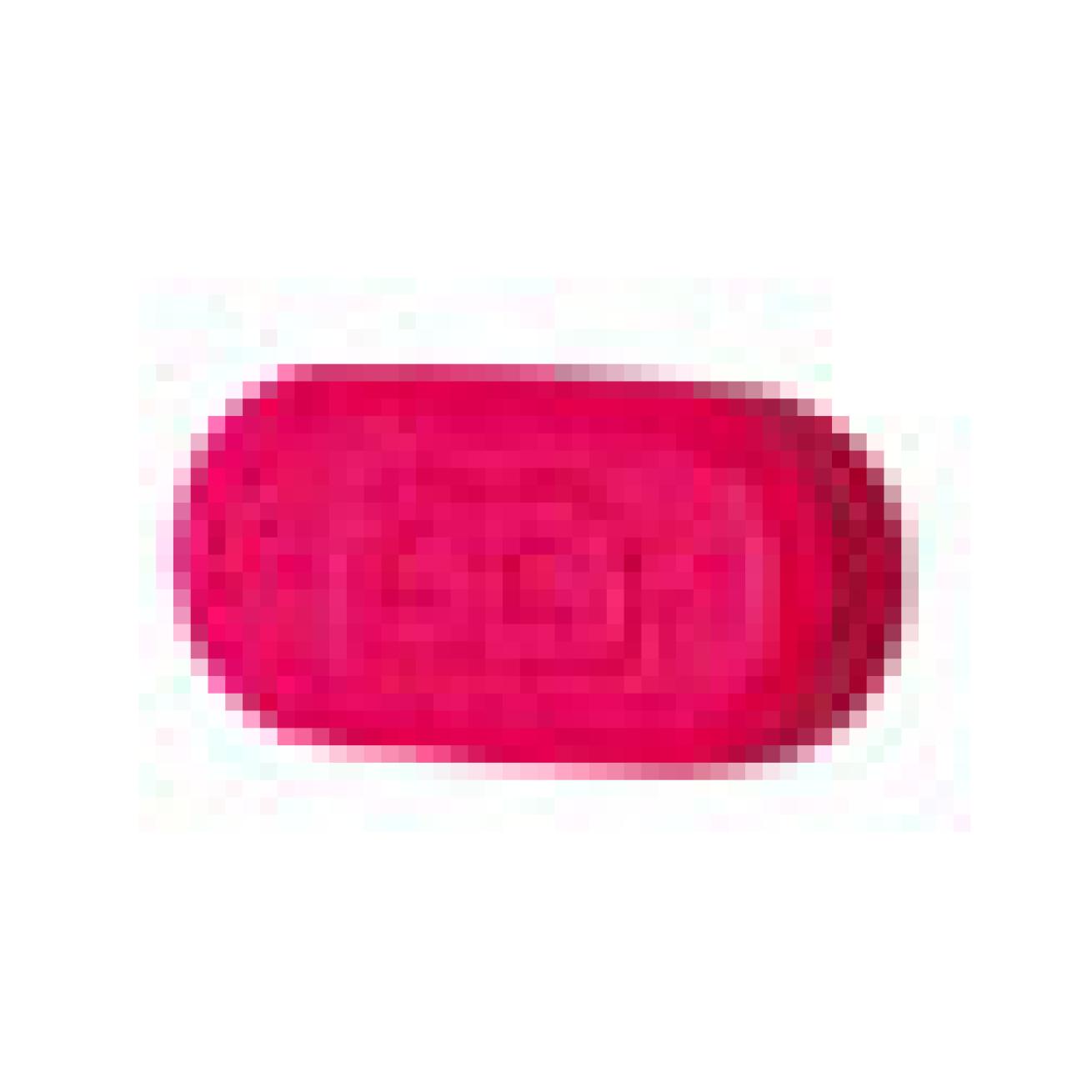
Benadryl| Diphenhydramine| Sleepiness, fatigue, or dizziness, headache, dry mouth, difficulty urinating or an enlarged prostate| SEASICKNESS MEDS
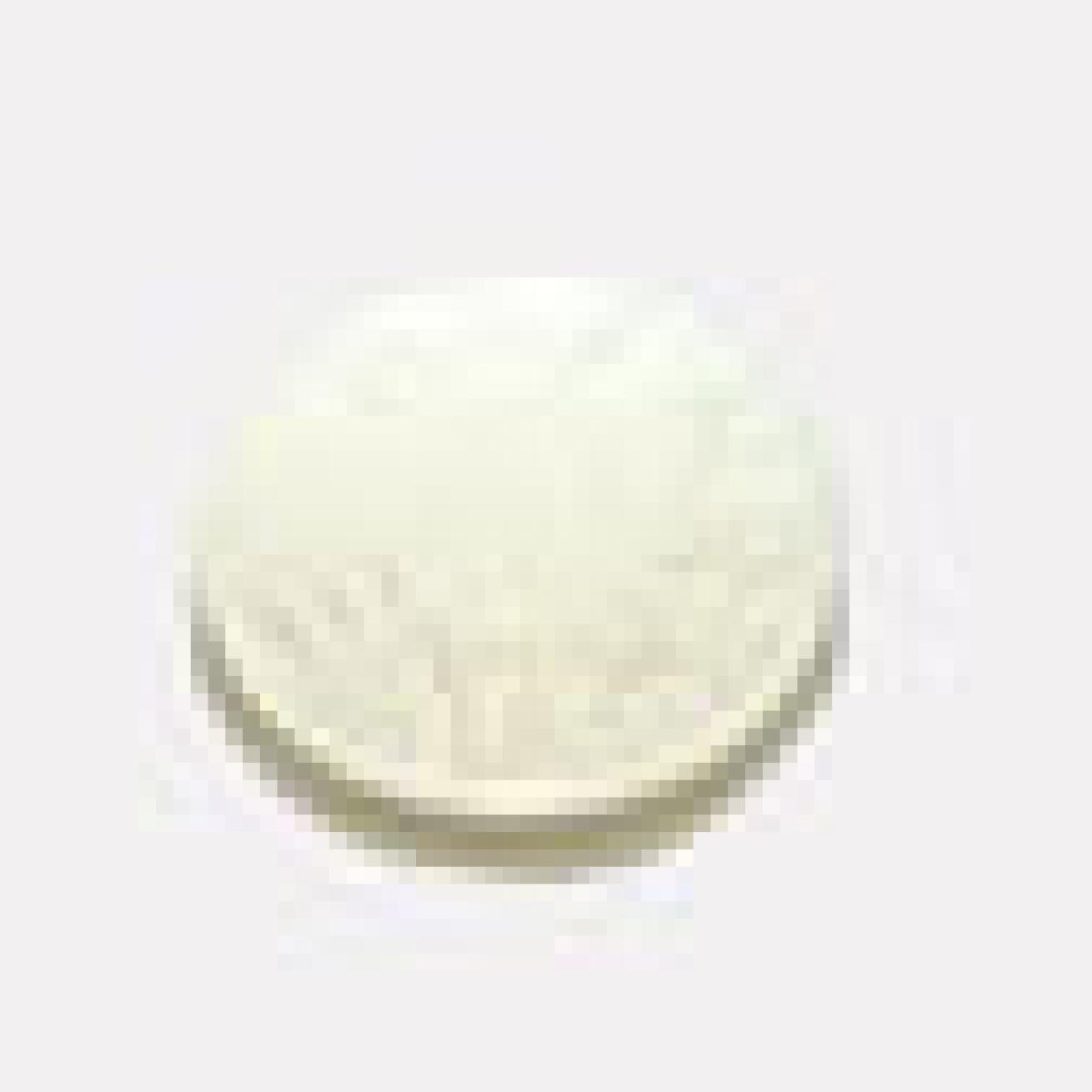
Dramamine /Triptone| Dimenhydrinate| Dizziness, drowsiness, dry mouth, throat and nose, thickening of mucus in nose or throat|
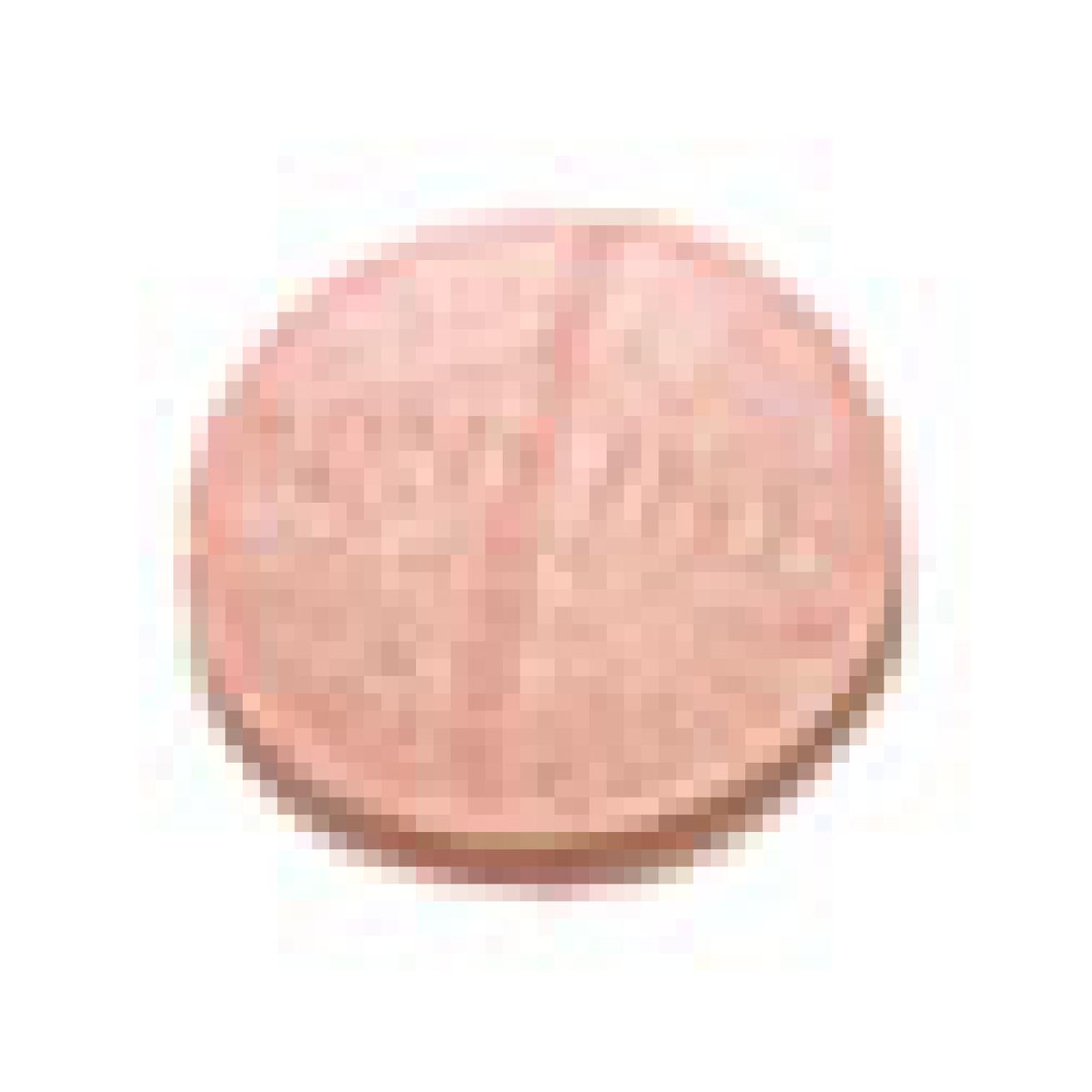
Bonine| Meclizine hydrochloride| Drowsiness, dry mouth|

Ginger| Ginger| Heartburn, stomach upset| | PAIN RELIEF|
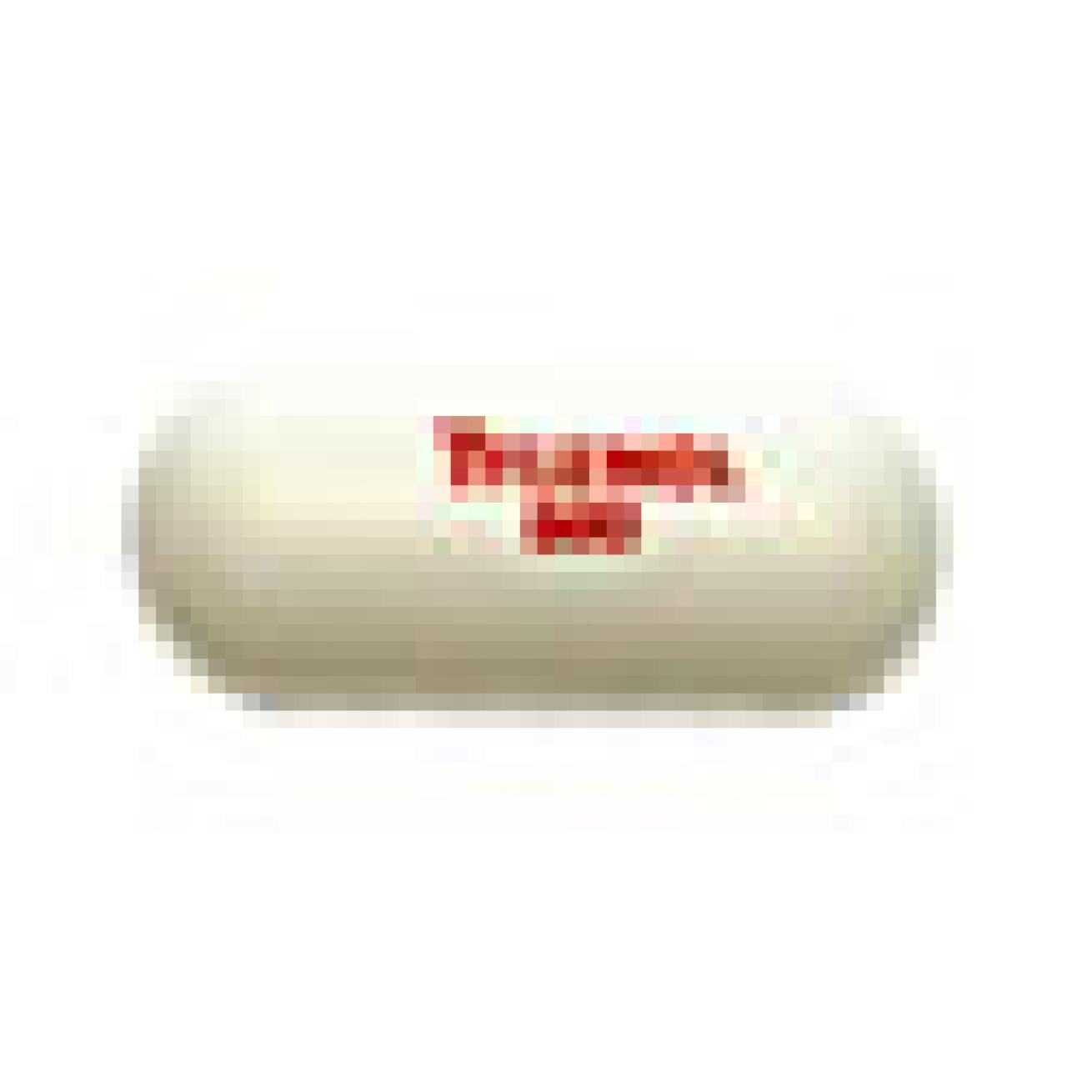
Tylenol| Acetaminophen| None|
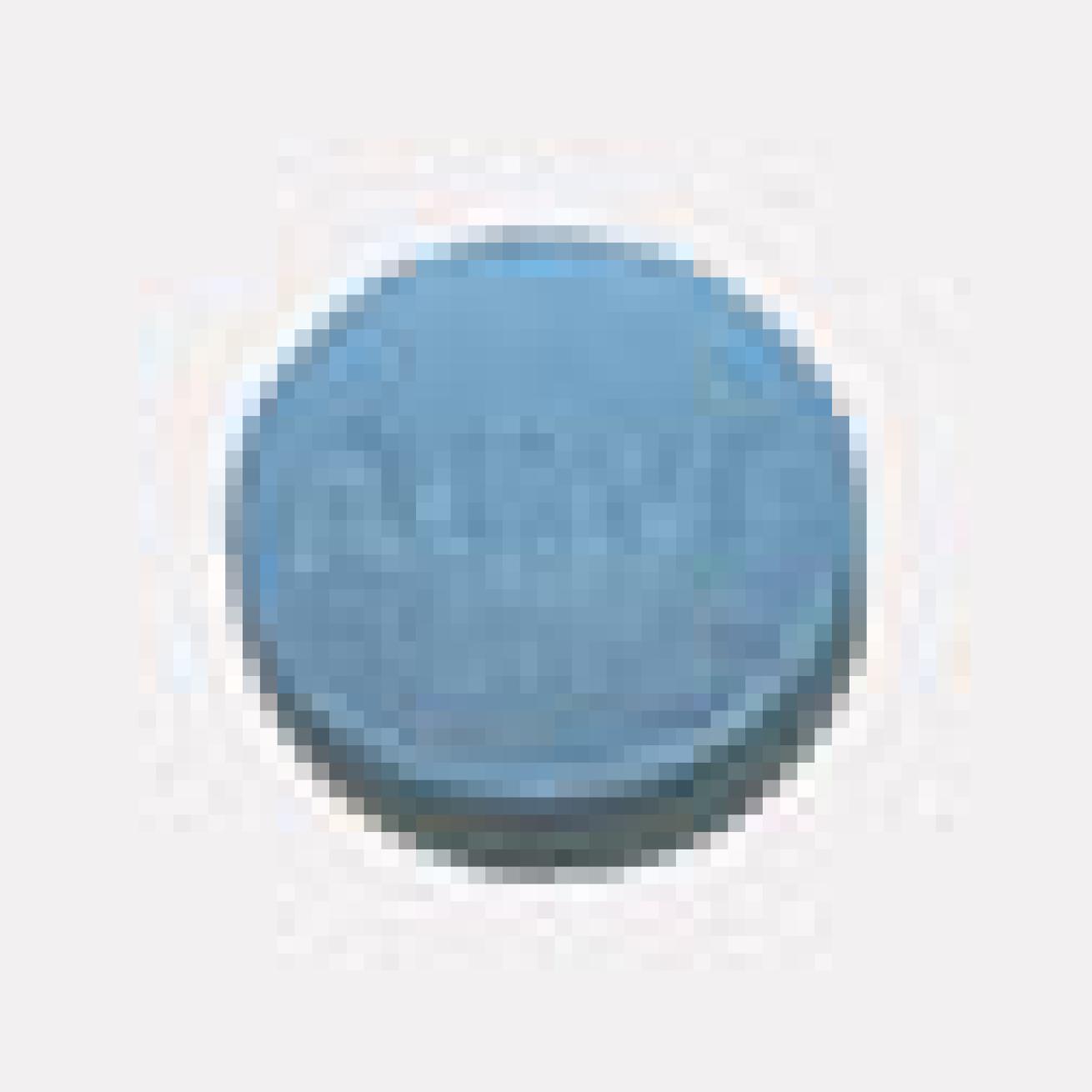
Aleve| Naproxen| Constipation, diarrhea, dizziness, drowsiness, gas, headache, heartburn, nausea, stomach upset, stuffy nose|
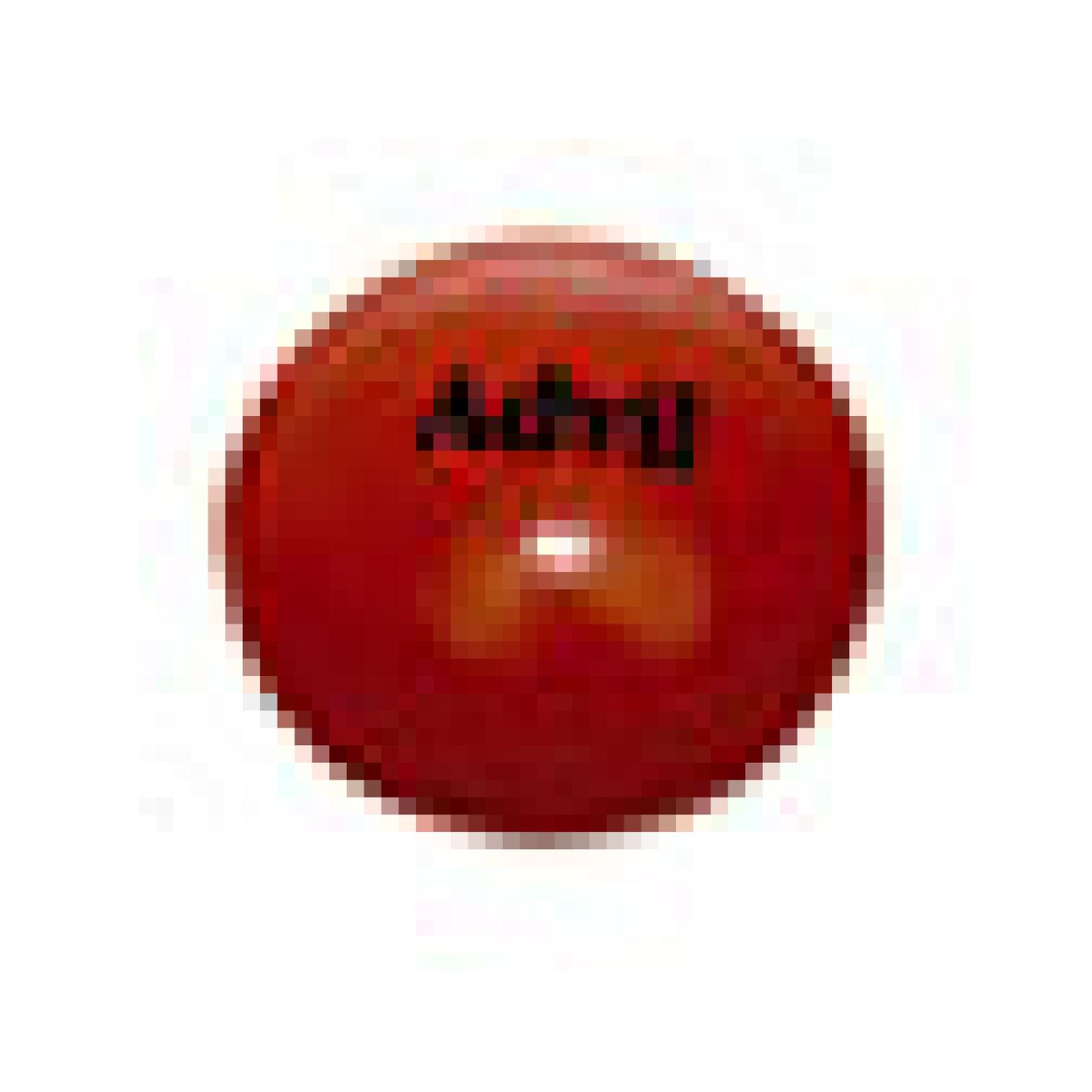
Advil| Ibuprofen| Constipation, diarrhea, dizziness, gas, headache, heartburn, nausea, stomach pain or upset|
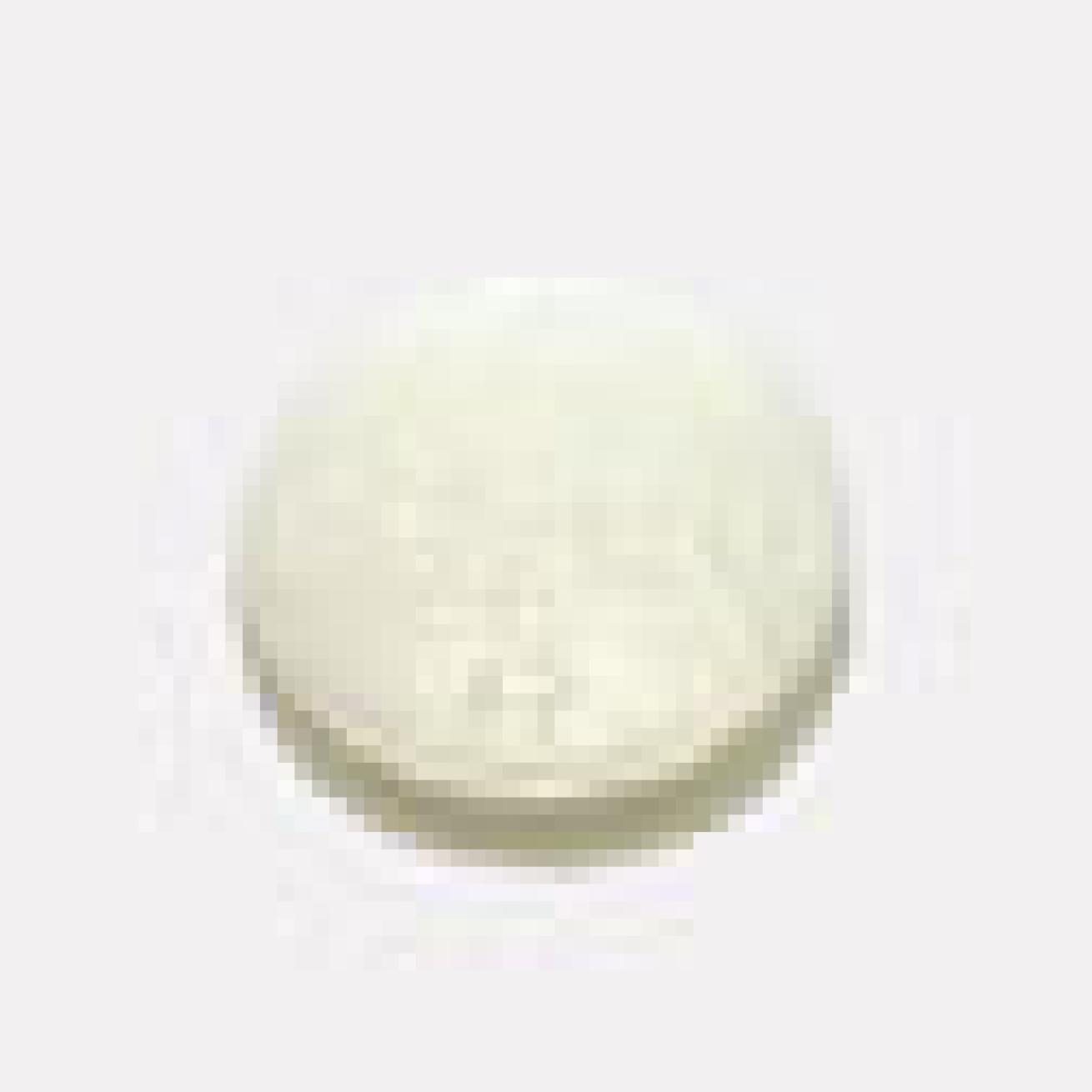
Bayer| Aspirin| Heartburn, nausea, upset stomach| | ANTI-DIARRHEA|
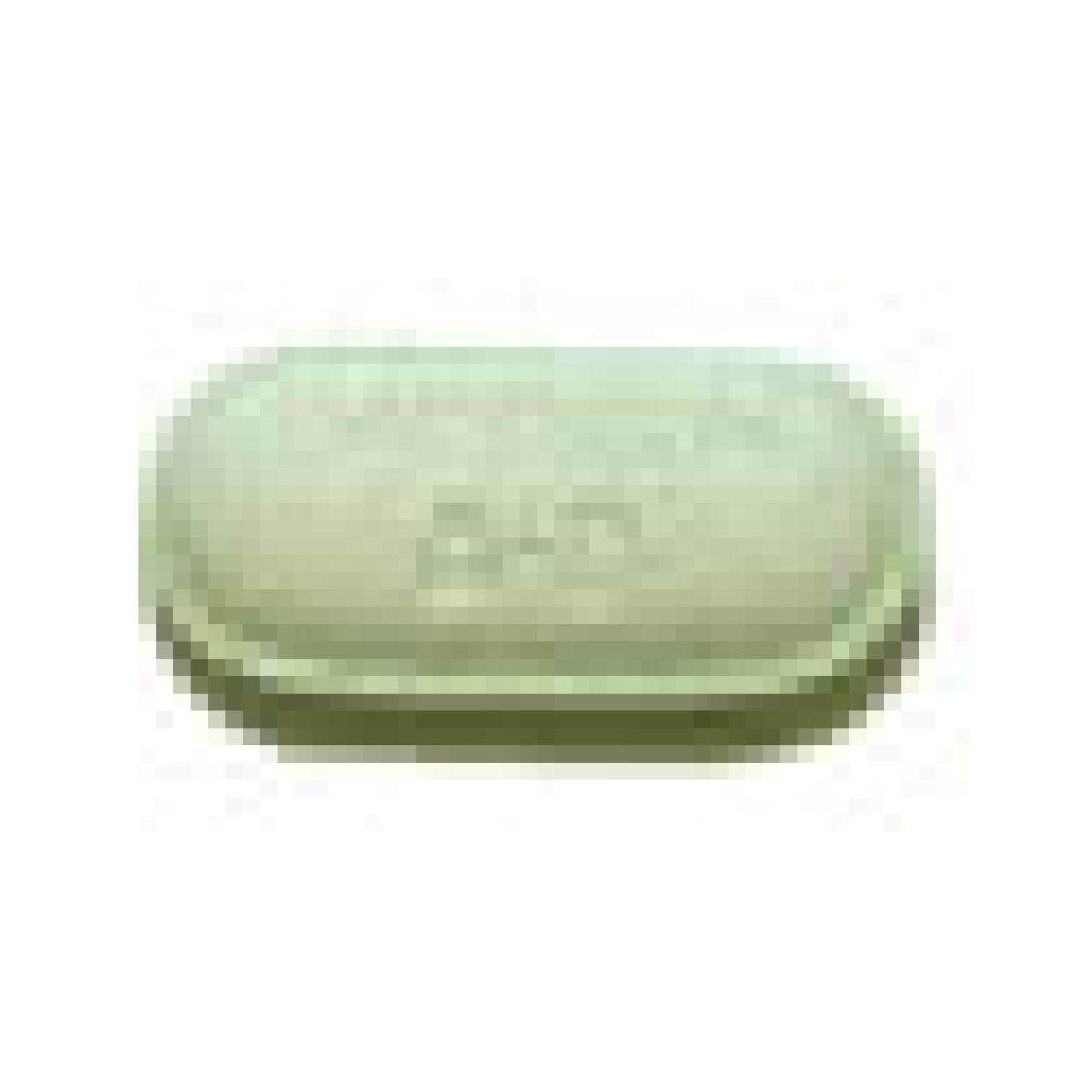
Imodium| Loperamide| Drowsiness, dizziness, bloating|
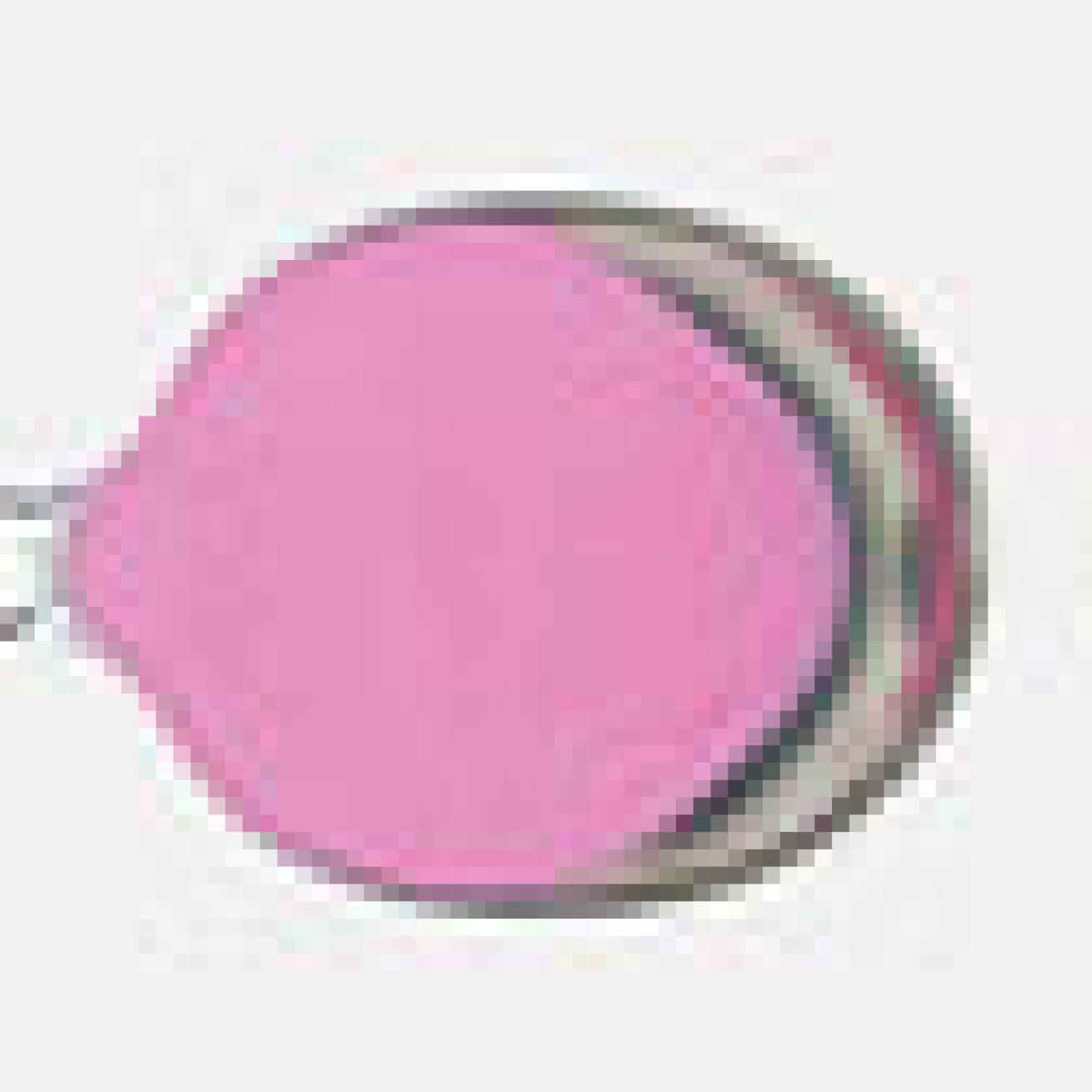
Pepto-Bismol| Bismuth subsalicylate| Temporary and harmless darkening of the tongue or stool| *Side effects from Drugs.com ** Depending on the regulations of individual states concerning methamphetamine prevention, the original versions of these medicines, with pseudoephedrine in place of phenylephrine, may still be availabe over the counter by asking the pharmacist.|

